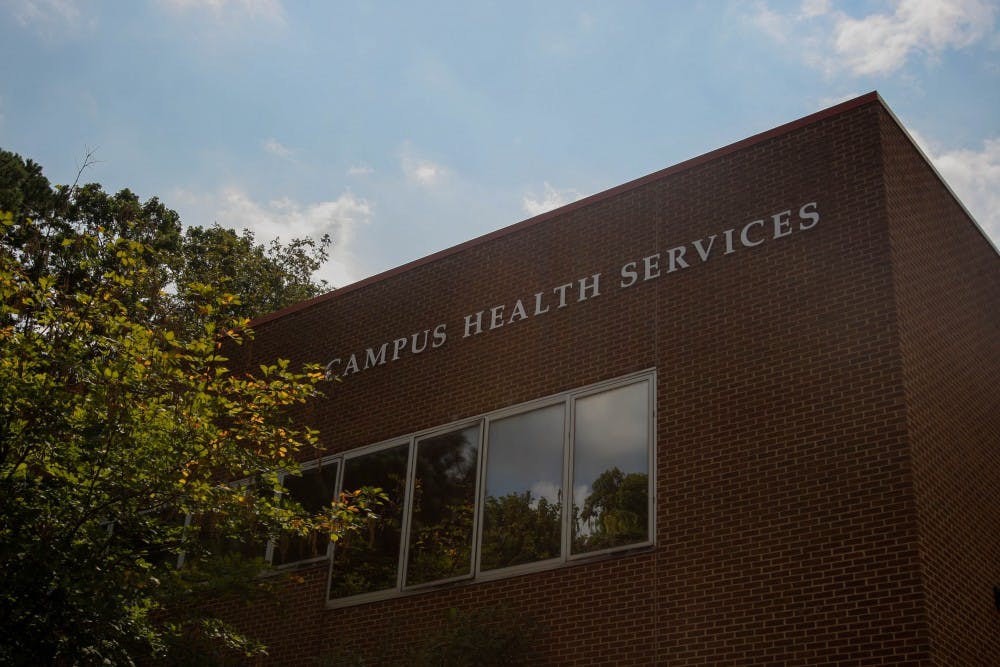In light of recent events, The Daily Tar Heel has compiled resources both on and off campus that provide therapy and other mental health services for students, with information on their policies and the options they provide.
UNC Counseling and Psychological Services
CAPS provides a variety of on-campus mental health support resources for all degree-seeking students and postdoctoral fellows who pay the student health fee. According to a statement from UNC Media Relations, CAPS is intended to be a possible first step in the process of identifying the kind of help a student needs, either immediately or long-term.
“Our number one priority at CAPS is the mental health and overall wellbeing of our students,” CAPS Associate and Clinical Director Avery Cook said in an email. “We serve as a possible first step in helping students identify the level of care they need."
For students seeking support from CAPS for the first time, appointments are not required. CAPS is open for initial services Monday through Thursday from 9 a.m. to 12 p.m. and from 1 p.m. to 4 p.m., as well as Friday 9:30 a.m. to 12 p.m. and 1 p.m. to 4 p.m.
When a student visits CAPS for the first time, they will have an initial assessment with a counselor who will determine the best course of treatment. In this assessment, the student and counselor will create a plan for the student to either be connected with a CAPS provider for brief therapy or be referred to an outside provider for long-term treatment.
Brief therapy is provided over a limited number of sessions to help students with issues that can be managed in a shorter period of time, including academic stress, some relationship issues, acute onset anxiety and depression, Media Relations said. If a student has a history of psychological needs, CAPS will refer them directly to an outside provider.
If a CAPS counselor decides that the student would benefit the most from long-term treatment, CAPS will help with referral coordination to a community provider. The student will usually be given the names of three community providers and can also work with a referral coordinator if they wish, who will help provide assistance with insurance and transportation.
“We also want to make sure students know about all of the mental health resources on campus long before they start to feel overwhelmed or need help,” Cook said. “Bottom line, I want our students to know they are not alone.”



